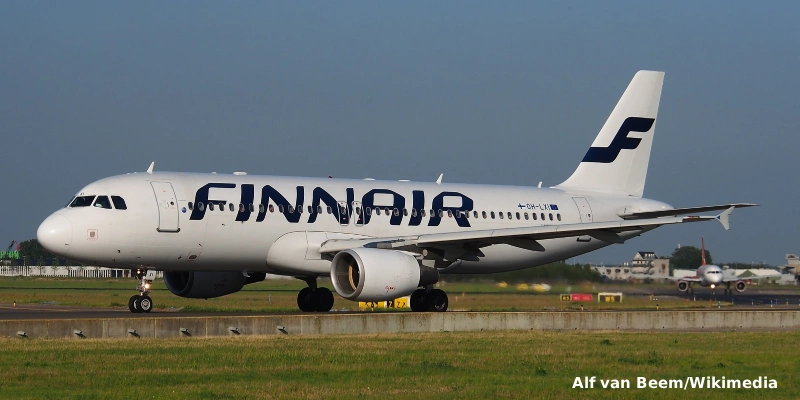United Airlines Ventures (UAV) announced a strategic investment in NEXT Renewable Fuels (NEXT), which is permitting a flagship biofuel refinery in Port Westward, Oregon, with expected production beginning in 2026.
NEXT is a Houston-based company developing the biorefinery which, at full production, could produce up to 50,000 barrels per day of Sustainable Aviation Fuel (SAF), renewable diesel, and other renewable fuels. UAV could invest as much as $37.5 million into NEXT, as long as the company meets certain milestone targets.
“Right now, one of the biggest barriers to increasing supply and lowering costs of sustainable fuel is that we don’t have the infrastructure in place to transport it efficiently, but NEXT’s strategic location and assets solve that problem and provide a blueprint for future facilities that need to be built,” said Michael Leskinen, President of United Airline Ventures.
NEXT’s biorefinery offers several unique benefits including access to a deep-water port, an existing industrial-grade dock, and multi-modal logistics options, which facilitates access to feedstock options and fast-growth SAF offtake markets on the west coast.
→ United and Jaguar Launch All-Electric Gate-to-Gate Airport Transfer Service.
NEXT has secured an agreement with BP for sourcing 100 percent of its feedstock, further de-risking supply issues smaller facilities have historically experienced. NEXT has also received a crucial air permit from the State of Oregon. Once all the necessary approvals and permits are obtained and the biorefinery is operational, it has the potential to be used as a platform to scale SAF and deploy additional future technologies.
Today’s announcement marks UAV’s fifth SAF-related technology investment, and its first investment directly in a biorefinery.
Launched in 2021, UAV is a first-of-its-kind sustainability-focused ventures fund that targets startups, upcoming technologies, and concepts that will complement United’s goal of net zero emissions by 2050.
Related Topics
Finnair Consolidates European Network: Routes to Luxembourg, Valencia, and Turin to Operate Year-Round
Madrid-Barajas Named “Best European Airport with over 40 Million Passengers”
KLM Strengthens Global Network for Summer: 161 Destinations and 5% Capacity Growth
Aer Lingus Strengthens Commitment to Cork: New Routes to Nice and Santiago de Compostela for Summer

Plataforma Informativa de Aviación Comercial con 13 años de trayectoria.




